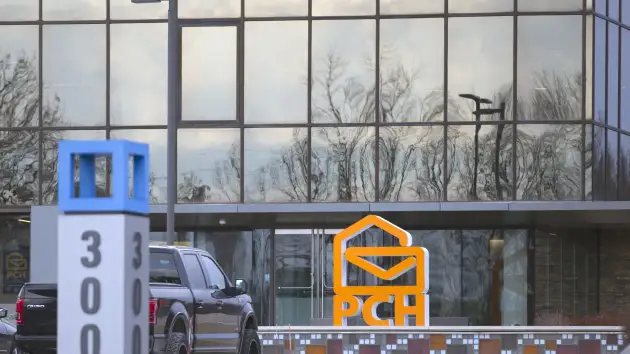- The Federal Trade Commission announced on Monday that Publishers Clearing House had reached a $18.5 million settlement in their legal dispute.
- According to the FTC, PCH, a company well-known for its sweepstakes, engaged in “dark patterns” and other dishonest, illegal business practices.
- The FTC also filed a lawsuit against Amazon last week for utilizing dubious tactics in connection with Prime memberships.
- The PCH settlement funds will be applied to client refunds. How many are impacted as well as when they might get a refund are both unknown.In accordance with a settlement agreed with the Federal Trade Commission, Publishers Clearing House will issue $18.5 million in refunds to customers and alter its online business methods, the agency announced on Monday.
- The FTC had sued the company for allegedly employing so-called “dark patterns” and other dishonest consumer practices like surprise fees.
- The company organizes sweepstakes games and is well known for shocking customers on their doorstep with enormous checks.
- It’s not known if any consumers will get refunds or when that would happen.
- By the time of publication, PCH had not responded to a request for comments on the settlement or the accusations.The FTC also filed a case against Amazon last week, alleging that the online retailer used “dark patterns” to mislead people into reoccurring Prime subscriptions without their consent.According to the FTC, “dark patterns,” that involve pre-checked boxes, disclaimers that are difficult to locate and understand, and unclear cancellation rules, are an illegal and “manipulative” design technique. Online shoppers face “heightened risks” as a result of them, it was warned.
Samuel Levine, director of the FTC’s Bureau of Consumer Protection, commented on the PCH complaint in a written statement: “This is our second dark trend lawsuit over the last week.” Companies using misleading design methods are being put on notice.
In the PCH case, the FTC asserted that the business utilized “manipulative phrasing and website design” to persuade customers they required to buy a product of some sort in order to enter the business’ sweepstakes or boost their chances of winning.
PCH now distributes products and periodicals in addition to sweepstakes. According to the FTC, the company misled customers by using deceptive wording in subject lines for emails and privacy policy statements, and levied hidden fees that typically represented more than 40% of the cost of the products.
PCH consented to resolve allegations that it had broken both the CAN-SPAM Act and the FTC Act. The FTC, which will reimburse impacted customers, will get $18.5 million from the corporation. In addition to making other adjustments to its business operations, the corporation must stop using misleading wording when promoting sweepstakes and offers and avoid employing surprise fees.
Additionally, because dark patterns are “covert or otherwise deceptive,” consumers may not be aware that they are being tricked or deceived. There are many instances, but some frequent ones that customers encounter online include bogus customer testimonials (for example, the endorser may have been compensated), fake low-stock warnings (for example, there is only one item left in stock), and a fake countdown clock (which presses the client to make a purchase).

